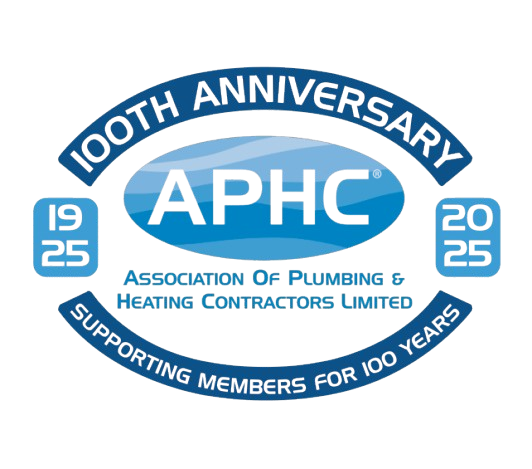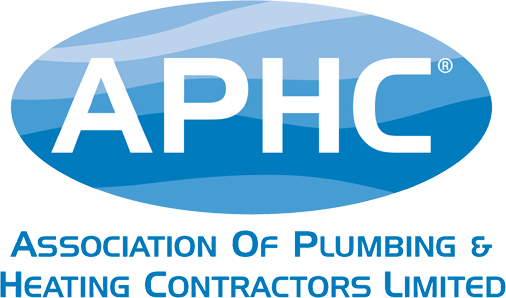As heat pumps continue to gain popularity as an efficient and eco-friendly heating solution, the importance of proper accreditation for installers cannot be overstated. Accreditation ensures that heat pump installations meet industry standards, providing peace of mind for homeowners and enhancing the reputation of professional installers. In this blog, we will explore the significance of accreditation for heat pumps, the benefits it offers, and the pathways to achieving it.
Why is Accreditation Important?
Accreditation is a formal recognition that an installer has the necessary skills, knowledge, and experience to perform heat pump installations to a high standard. This certification is vital for several reasons:
• Increased Business Opportunities: Many government and private sector contracts require installers to be accredited. Additionally, this is a fast-growing area and introducing renewables to your business services will help you win more business and stay competitive.
• Consumer Confidence: Homeowners are more likely to trust and hire accredited installers, knowing they have been vetted and meet stringent criteria. Accredited installers are seen as experts in their field, which can lead to more job opportunities and higher customer trust. This credibility is a valuable asset in a competitive market. Accreditation enhances the credibility and reputation of installers, distinguishing them from unqualified competitors.
• Access to Incentives: Many government schemes and financial incentives for heat pump installations (like the Boiler Upgrade Scheme) require the work to be carried out by accredited professionals.
• Compliance with Regulations: Accreditation ensures that installers are up to date with current building regulations and industry standards, reducing the risk of non-compliance issues and potential legal complications. Accredited installers adhere to industry best practices, ensuring that installations are safe, efficient, and compliant with building regulations.
Pathways to Accreditation
Achieving accreditation involves a combination of training, assessment, and ongoing professional development. Here are the typical steps to becoming an accredited heat pump installer:
• Training Courses: Installers must complete relevant training courses that cover the principles of heat pump technology, installation procedures, and safety protocols. These courses are often offered by manufacturers, industry bodies, or accredited training providers.
• Assessment: After completing the training, installers undergo an assessment to demonstrate their competency. This may include practical tests, written exams, and on-site evaluations of their work.
• Certification: Upon passing the assessment, installers receive a certification from a recognised accreditation body, such as APHC.
• Ongoing Professional Development: Accredited installers are required to keep their skills and knowledge up to date through continuous professional development. This may involve attending refresher courses, participating in industry seminars, or staying informed about new technologies and regulations.
Conclusion
Accreditation for heat pump installers is essential for maintaining high standards within the industry, providing assurance to homeowners, and fostering a professional, reputable market. By pursuing and maintaining accreditation, installers can enhance their skills, expand their business opportunities, and contribute to the broader adoption of sustainable heating solutions.
For more information on accreditation and how to become an accredited heat pump installer with APHC head to our MCS page: www.aphc.co.uk/certification-schemes/microgeneration-certification-scheme/



